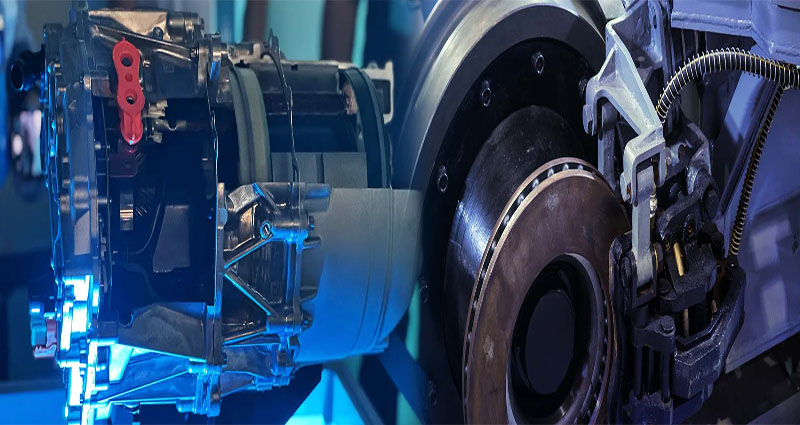As the world shifts towards sustainable transportation, electric vehicles (EVs) are becoming increasingly popular due to their reduced carbon emissions and lower environmental impact. One of the key features that differentiate EVs from traditional internal combustion engine vehicles is regenerative braking. In this article, we will explore the benefits of regenerative braking systems for electric vehicles.
What is Regenerative Braking?
Regenerative braking is a technology used in electric and hybrid vehicles that allows them to recover and store energy that would otherwise be wasted during braking. In traditional vehicles, braking converts kinetic energy into heat, which is dissipated into the environment. However, in EVs equipped with regenerative braking systems, this energy is converted back into electricity and stored in the vehicle’s battery for later use.
Increased Energy Efficiency
One of the significant benefits of regenerative braking systems is the increased energy efficiency it provides to electric vehicles. By recovering and reusing energy during deceleration and braking, EVs can reduce their dependence on external charging sources, thereby extending their driving range.
Regenerative braking systems can recover up to 70% of the energy that would have been lost as heat in traditional braking systems. This energy is then stored in the battery and can be used to power the vehicle during acceleration or at times when extra power is required. This not only improves the overall efficiency of the vehicle but also helps reduce the wear and tear on the brake pads, leading to longer brake life and reduced maintenance costs.
Extended Driving Range
The ability to recover and store energy through regenerative braking significantly extends the driving range of electric vehicles. With regenerative braking, EVs can capitalize on the energy that is typically lost in traditional braking, allowing for a more efficient use of the available power.
This range extension is particularly valuable in urban stop-and-go traffic situations, where frequent braking occurs. EVs equipped with regenerative braking systems can capture and store energy that would have otherwise gone to waste, ensuring a more optimal use of the vehicle’s battery capacity.
Enhanced Driving Experience and Safety
Regenerative braking systems not only offer energy efficiency benefits but also contribute to an enhanced driving experience and improved safety. Compared to traditional braking systems, regenerative braking provides a smoother and more controlled deceleration, which is highly desirable for both the driver and passengers.
Moreover, regenerative braking helps maintain the vehicle’s stability and control by reducing the reliance on friction-based braking alone. This is especially beneficial in situations where sudden or emergency braking is required, as regenerative braking can provide additional stopping power, making the EVs more responsive and safe on the road.
Environmental Impact and Sustainability
The adoption of regenerative braking systems in electric vehicles aligns with the growing need for sustainable transportation options. By converting kinetic energy into electricity rather than dissipating it as heat, EVs equipped with regenerative braking systems help minimize environmental impact and reduce overall carbon emissions.
By promoting energy efficiency, regenerative braking contributes to the overall sustainability of electric vehicles, making them a greener alternative to traditional gasoline-powered cars.
Regenerative braking systems offer numerous benefits to electric vehicles, including increased energy efficiency, extended driving range, enhanced driving experience and safety, and reduced environmental impact. By harnessing and storing energy that would have previously been lost during braking, EVs equipped with regenerative braking systems are becoming more efficient and viable as everyday transportation options.
As the technology continues to improve, regenerative braking systems will play a significant role in shaping the future of sustainable transportation, further driving the adoption and acceptance of electric vehicles on a global scale.





